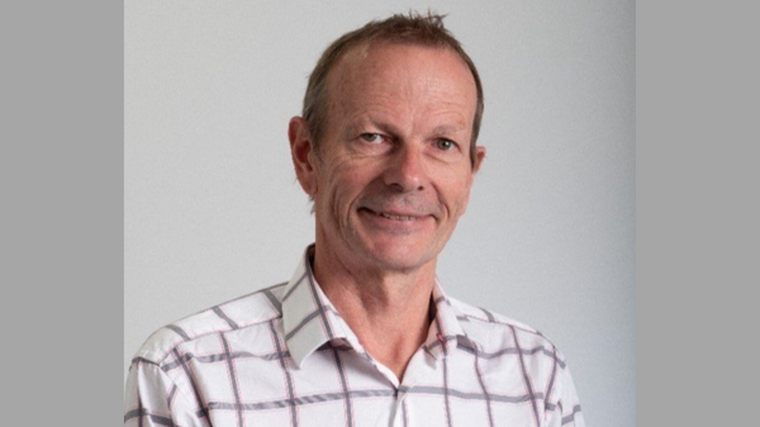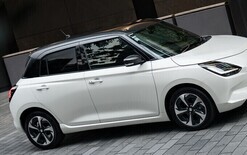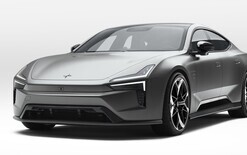Port wins electric grants

Port of Auckland Ltd (POAL) and Wellington’s CentrePort have each received $500,000 in co-funding for an electric empty container handler (ECH) and associated on-site charging infrastructure.
Their successful applications to the Energy Efficiency and Conservation Authority (EECA) will allow them to demonstrate to others around New Zealand, and shareholders, how a critical link in the supply chain can be electrified with safe, reliable technology.
Richard Briggs, pictured, is EECA’s general manager of delivery and partnerships.
He says: “With no electric ECHs in New Zealand and only a few in Australia, integrating these pieces of equipment into daily operations will give confidence to the sector as well as help develop zero-emissions supply chains, integrating with other electric-powered equipment and vehicles.”
POAL estimates replacing one of its diesel ECHs with an electric model will reduce the port’s greenhouse gas emissions by at least 670,977kg of carbon-dioxide equivalent over 10 years.
A total of $3.3 million has been allocated in round 13 of the low emission transport fund overseen by EECA, leveraging $6.7m in private funding.
Other successful projects include a large-scale bus depot charging system, electric-trailer axle technology, electric digger technology and battery storage rapid EV charging infrastructure with the potential to earn revenue through trading on the energy market.
The electrification of off-road equipment presents a major emissions reduction opportunity for New Zealand. Each year, around one billion litres of diesel is burnt in off-road machines – almost 30 per cent of all diesel used nationwide.
Businesses trialling these electric machines are reporting lower operating costs, fewer maintenance needs, improved performance and happy drivers.





